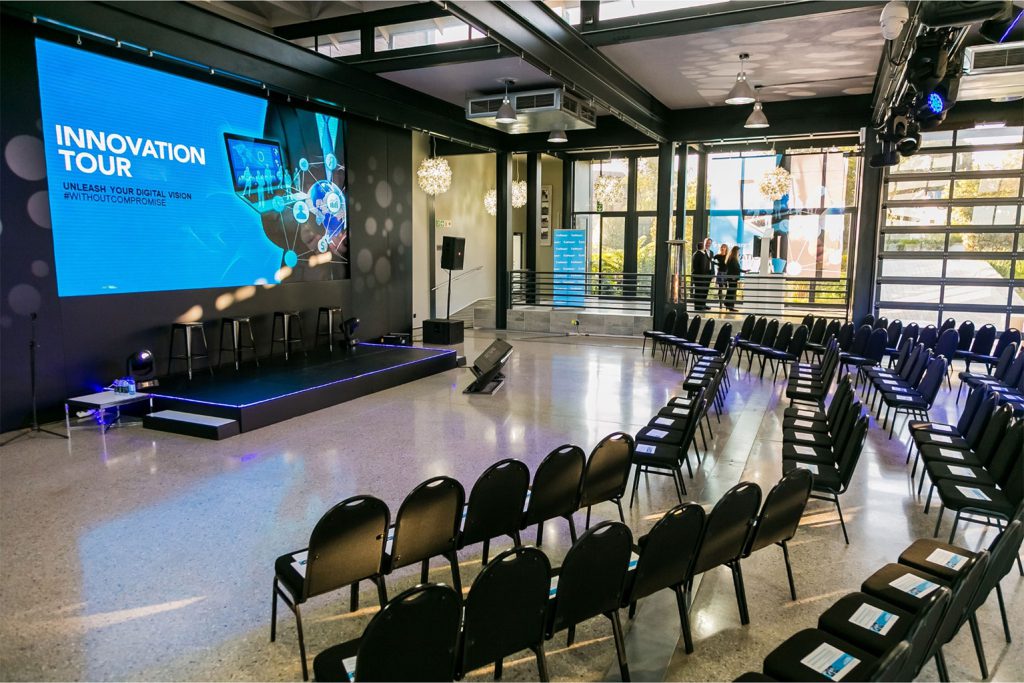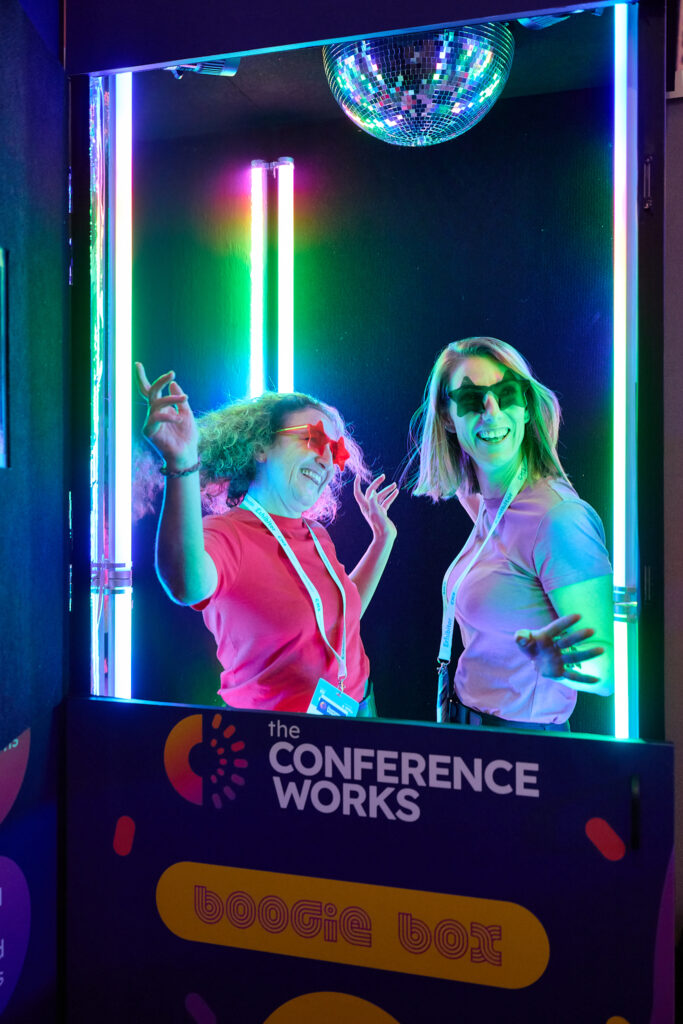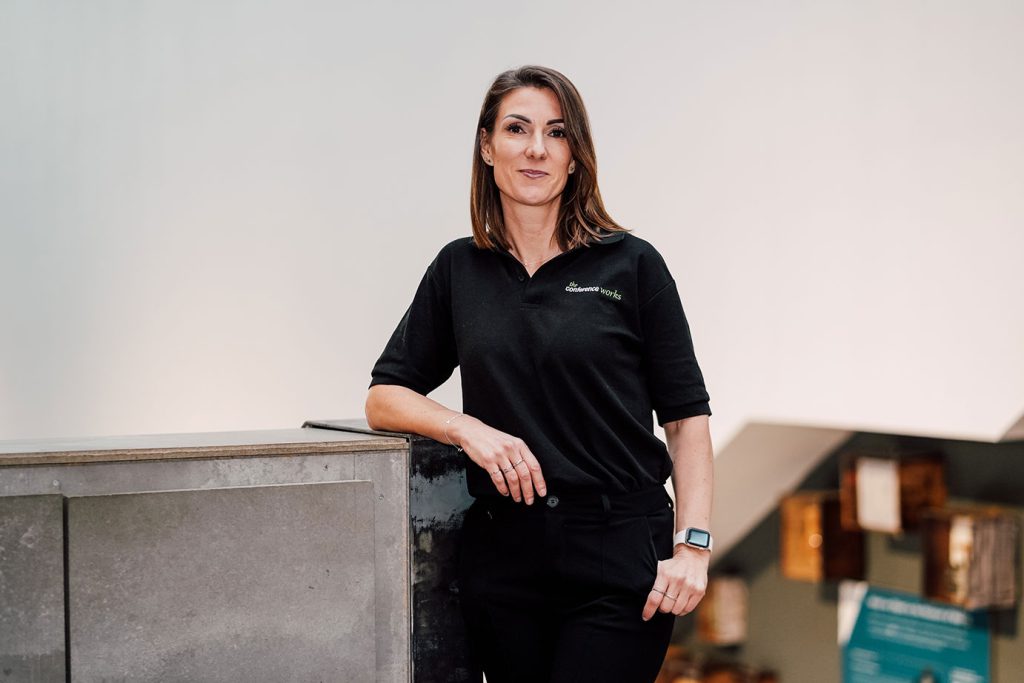Choosing the right venue isn’t just about how many people it holds or whether it’s easy to get to. It’s about how that space works with everything you need to deliver a quality, memorable event, and that includes all your audio visual (AV), staging and production plans.
Here are some practical tips to help you select a venue that’s a great fit for your event and your production team:
Check the ceiling height. It might sound obvious, but you’d be surprised how often this gets overlooked. Make sure the space can accommodate lighting rigs, staging, projection screens and any hanging décor you’ve got planned. If you’re planning anything like large LED screens or impressive stage builds, you’ll need the height to match.
Ask about the existing AV infrastructure. Find out what in-house equipment the venue has and more importantly, whether it meets your event’s technical needs. Some venues come with basic kits like projectors and microphones, but if you’re aiming for a slick, professional production, you might need to bring in additional kit. Knowing this early, saves hassle and budget surprises later.
Big events often mean big kit, staging, screens, sound desks, lighting rigs. Make sure there’s suitable time frames to allow for building and rehearsing your event. So the room is ready for when your guests arrive.
Check that you have sufficient internet connectivity and bandwidth.
Assess acoustics. A beautiful, airy room can quickly become a sound engineer’s nightmare if it’s too echoey. Poor acoustics affect speech clarity, especially for conferences or awards nights. Your AV team can help test this on a site visit and suggest solutions like draping or additional speakers.
Look for restrictions. Every venue has its quirks, noise curfews, rigging limitations, restrictions on certain types of lighting or effects. Finding these out early so you can plan around them, not be caught out by them. And your AV team can advise you on this.
Visit the venue with us. A joint site visit with our production team allows us to spot potential issues, confirm logistics and visualise your event setup together. It’s also a chance to build relationships with the venue’s in-house team, always useful when event day arrives.
Remember, we’re always happy to join you for those site visits to assess technical compatibility and help you get the best from your chosen venue.



